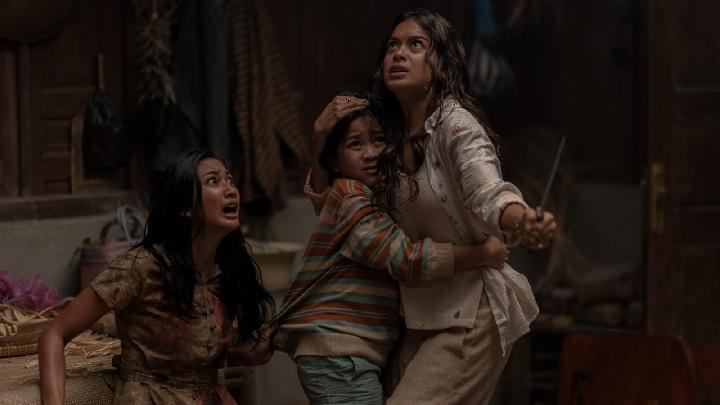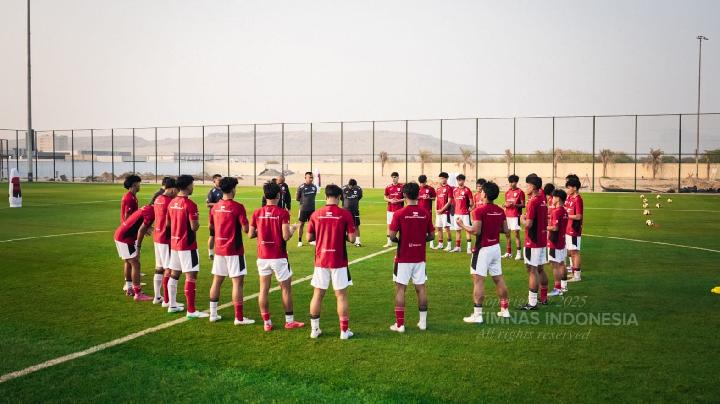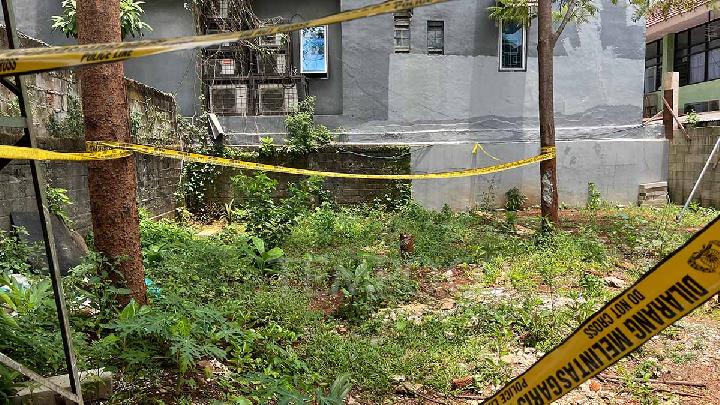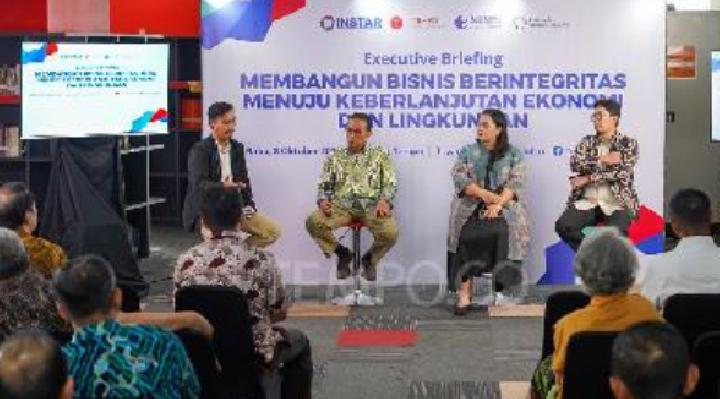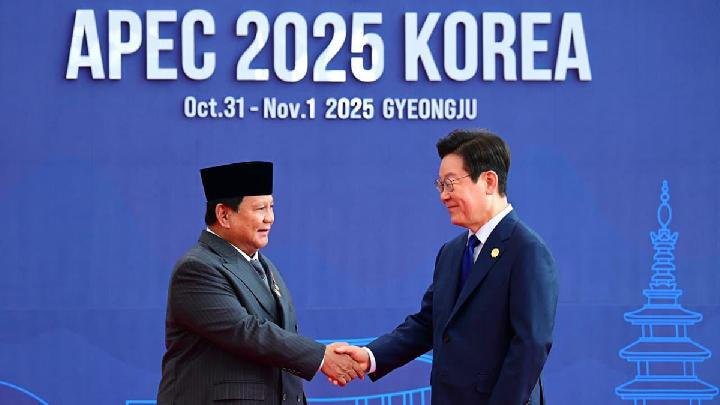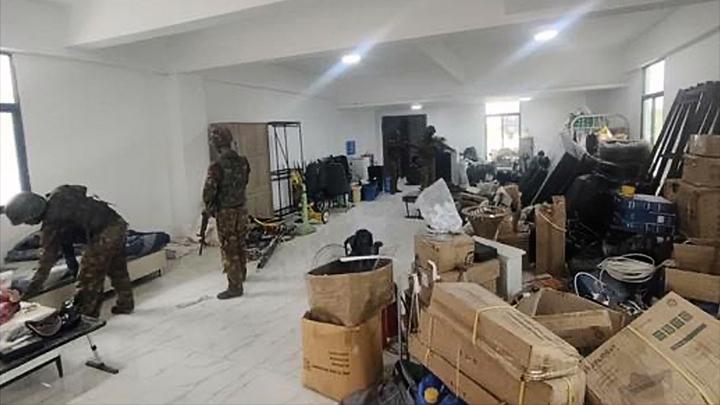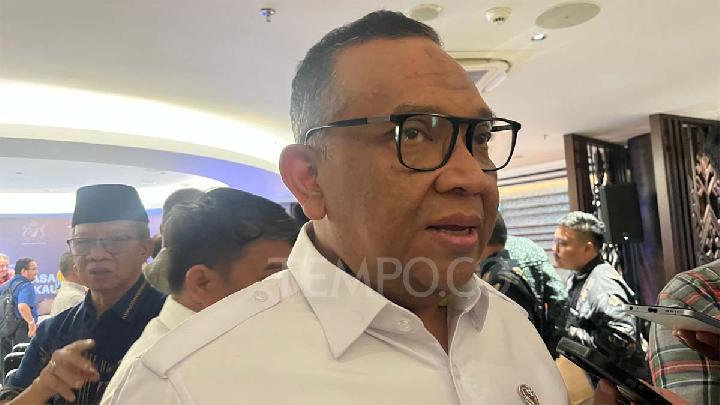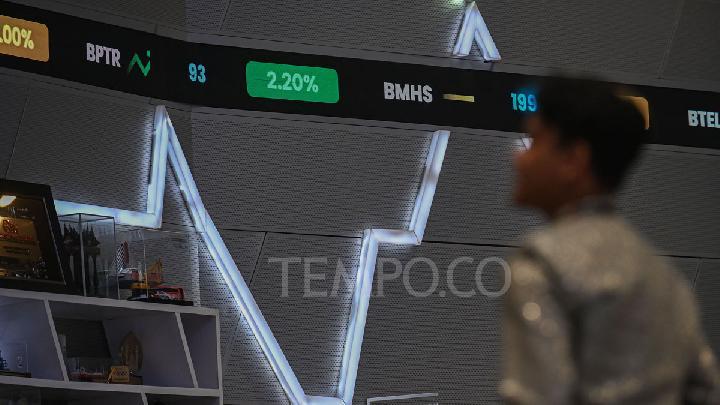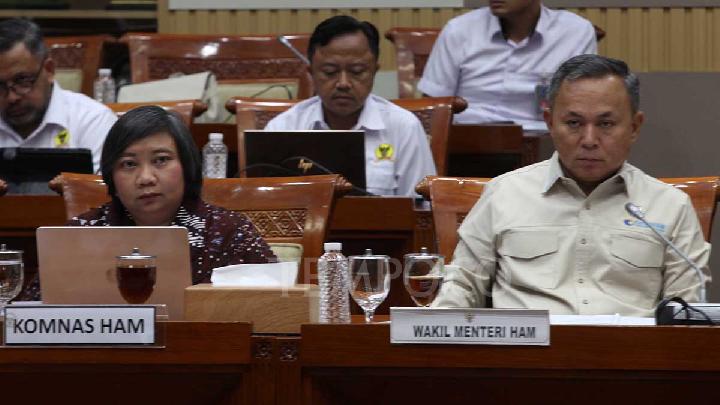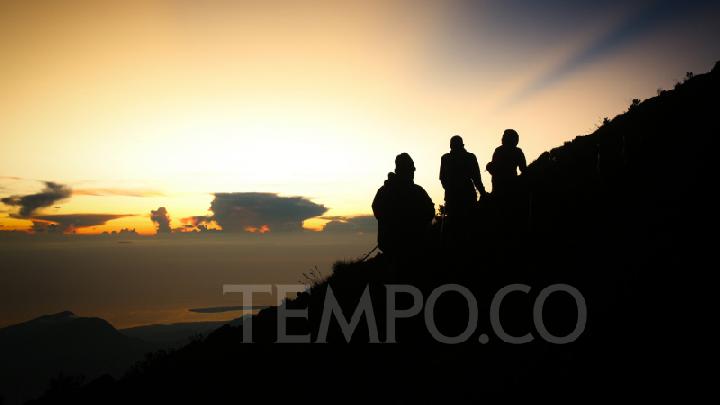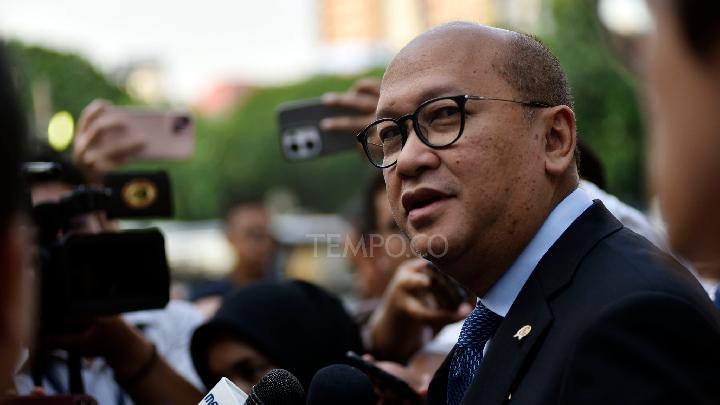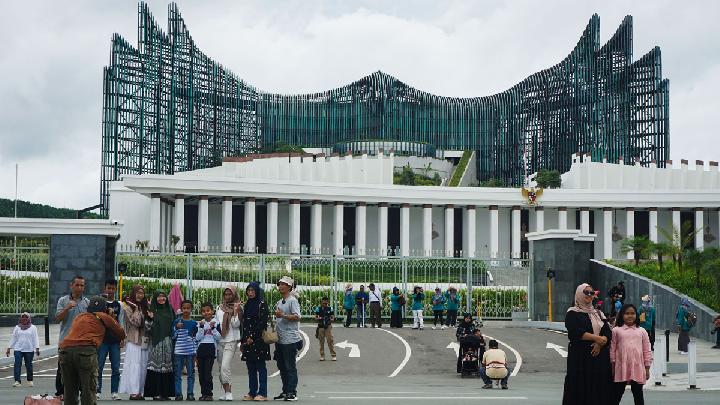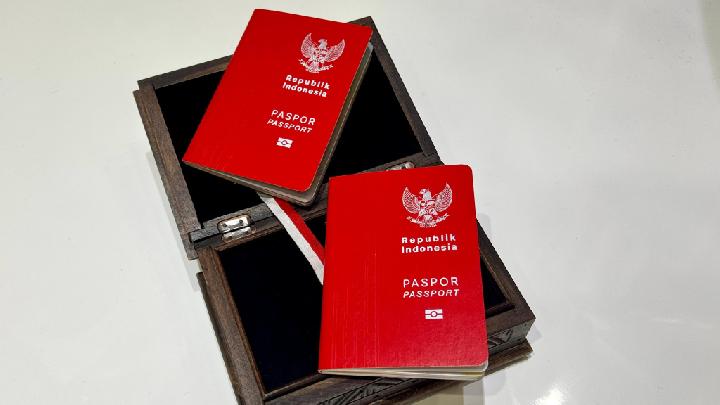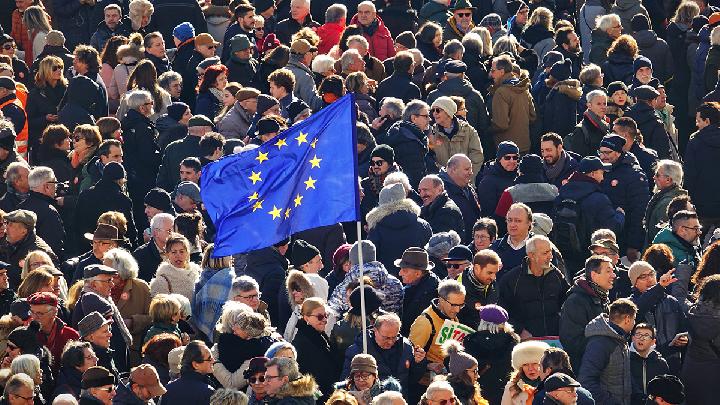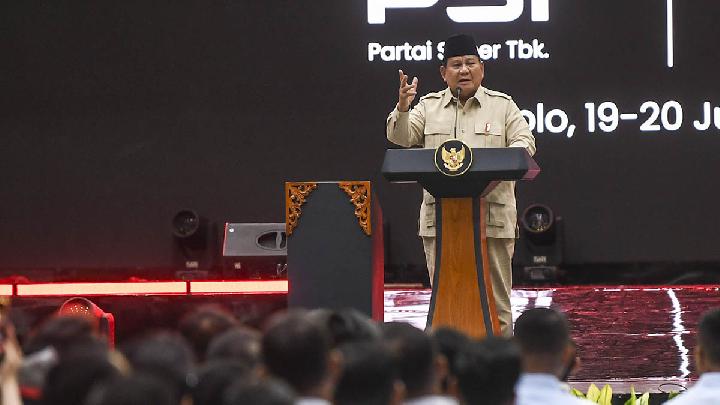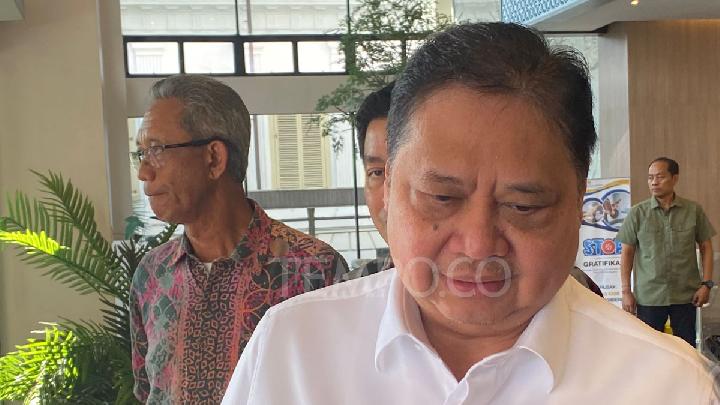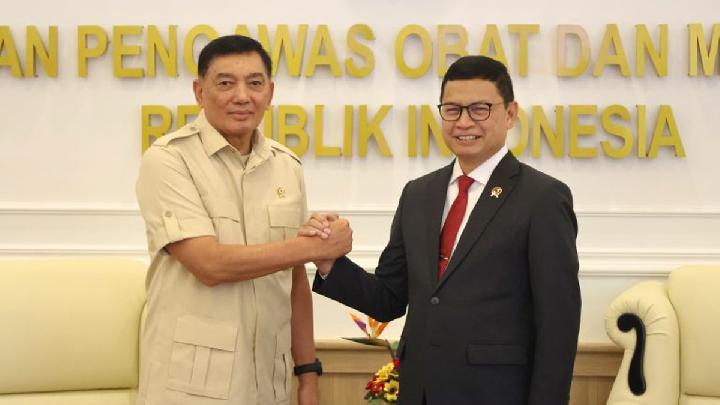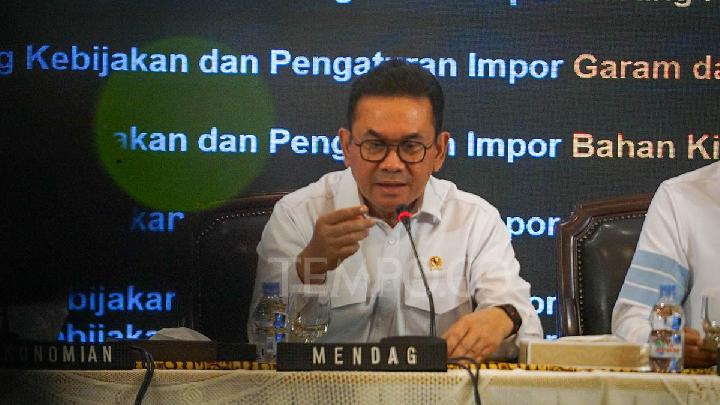The Gaza Humanitarian Foundation (GHF), operating under the guise of humanitarian aid distribution, stands accused of being complicit in the deaths and injuries of hundreds of desperate Gaza residents seeking food aid. According to the Palestinian Ministry of Health in Gaza, at least 600 people have been killed and over 4,278 injured at GHF's aid distribution sites since the group commenced operations in late May.
Critics allege that GHF, by targeting starving civilians, is carrying out a covert Israeli mission to forcibly displace Palestinians from the coastal enclave.
Who is Responsible for the Shootings at Gaza Aid Centers?
American contractors hired by GHF to guard the aid distribution points in Gaza are accused of using live ammunition, stun grenades, and pepper spray against Palestinian residents.
The New Arab reported on a video, obtained by The Associated Press, depicting chaotic scenes at an aid location. The footage shows Palestinian residents gathered behind metal gates amidst a barrage of gunfire, stun grenades, and pepper spray.
Two anonymous U.S. contractors revealed that GHF hired security personnel who were often unqualified, provided with full weaponry, and operated with minimal oversight.
These security personnel reportedly fired shots into the air, ground, and at times directly at civilians, causing injuries. The contractors also claimed that American staff monitored and documented individuals deemed "suspicious," sharing this information with the Israeli military.
The video reportedly shows English-speaking security personnel discussing crowd control tactics and encouraging each other after a volley of gunfire. Firearms and live ammunition were reportedly used routinely, sometimes excessively, even in the absence of a clear threat. One contractor described an incident where a man appeared to be shot as he walked away from the distribution site.
What is the Gaza Humanitarian Foundation (GHF)?
GHF is an American organization established in February and reportedly backed by Israel. The organization received US$30 million (approximately Rp 486 billion) from the U.S. government to operate this aid location, which is situated within an Israeli military-controlled zone and is inaccessible to journalists, as reported by The New Arab.
Since GHF began operations in May, Palestinian residents have reported daily Israeli shootings near the distribution site, leading to hundreds of casualties. Israel, however, denies intentionally targeting civilians, asserting that it only fires warning shots when investigating perceived threats.
The aid operation itself is controversial. Before GHF's launch, Israel had maintained a two-month blockade on all food, water, and medicine into Gaza, citing concerns that Hamas would divert the aid—allegations Hamas has denied. The United Nations, which previously coordinated unarmed aid, was notably replaced by the GHF system.
Aid distribution under this new system has been marred by violence, looting, and deadly crowd surges, with at least 51 Palestinian residents killed while awaiting aid trucks in early June.
Contractors described a rushed and poorly managed deployment, with many security personnel recruited only days before placement, often lacking combat experience and proper weapons training. Rules of engagement permitting the use of deadly force were reportedly issued only after distribution commenced, and many guards were not trained in safe weapon handling. UG Solutions, the American subcontractor responsible for hiring security staff, has denied intelligence gathering allegations and claims that thorough screening and training were conducted.
Monitoring at the site includes cameras with facial recognition software, analyzed by American analysts and Israeli soldiers in a control room on the Israeli side of the Kerem Shalom crossing. Photos of Palestinian residents deemed suspicious were reportedly circulated internally, though the criteria for suspicion remain unclear. GHF denies intelligence gathering allegations, asserting that coordination with Israeli authorities is necessary for aid operations.
Can GHF Be Prosecuted?
International human rights lawyer from England, Toby Cadman, stated that
GHF could face criminal charges due to the continuous deaths of Palestinian residents near the aid site it operates in Gaza. As quoted by Al Jazeera, he emphasized that the sustained targeting of civilians, particularly those seeking aid, has resulted in hundreds of casualties.
Cadman clarified that determining criminal responsibility hinges on the specific circumstances and evidence of each attack. However, he stressed that the foundation appears to have failed to take adequate measures to protect Palestinian aid seekers, if not directly involved. This alleged failure to ensure safety could potentially be considered criminal negligence.
International Reaction to GHF's High Casualties?
GHF's operational model, which involves coordinating aid distribution with the Israeli military, has drawn widespread criticism for effectively transforming aid locations into dangerous zones where civilians are exposed to deadly attacks.
Reports indicate that these locations have become traps, leading to numerous deaths and injuries, with over 380 documented fatalities in just three weeks. Human rights groups accuse the foundation of facilitating war crimes, crimes against humanity, and involvement in genocide by enabling or failing to prevent these attacks.
Human rights and international law organizations have warned that continuing the militarized and privatized aid distribution model led by GHF, supported by Israeli forces and U.S. private military contractors, risks legal repercussions for all involved.
They advocate for an immediate return to traditional humanitarian channels managed by the United Nations and established NGOs. The current model, they argue, violates fundamental humanitarian principles such as neutrality, impartiality, and independence, potentially exposing those involved to civil and criminal liability under both international and national law with universal jurisdiction.
Philippe Lazzarini, the head of the UN agency for Palestinian refugees (UNRWA), criticized GHF's initiative on social media, asserting that it "provides nothing but hunger and gunfire to the people of Gaza," highlighting the devastating impact of the foundation's approach on civilian residents.
Antony Loewenstein, a journalist and author of The Palestine Laboratory, voiced concerns that the long-term objective of this aid operation is to perpetuate the suffering of Palestinians who choose to remain in Gaza through an intense siege and prolonged misery. He views the aid operation conducted through GHF as part of this clandestine mission, potentially exacerbating the plight of the remaining Palestinians in Gaza.
Editor’s Choice: Israel's Gaza Genocide Among the Cruelest in History, Says UN Rapporteur
Click here to get the latest news updates from Tempo on Google News



